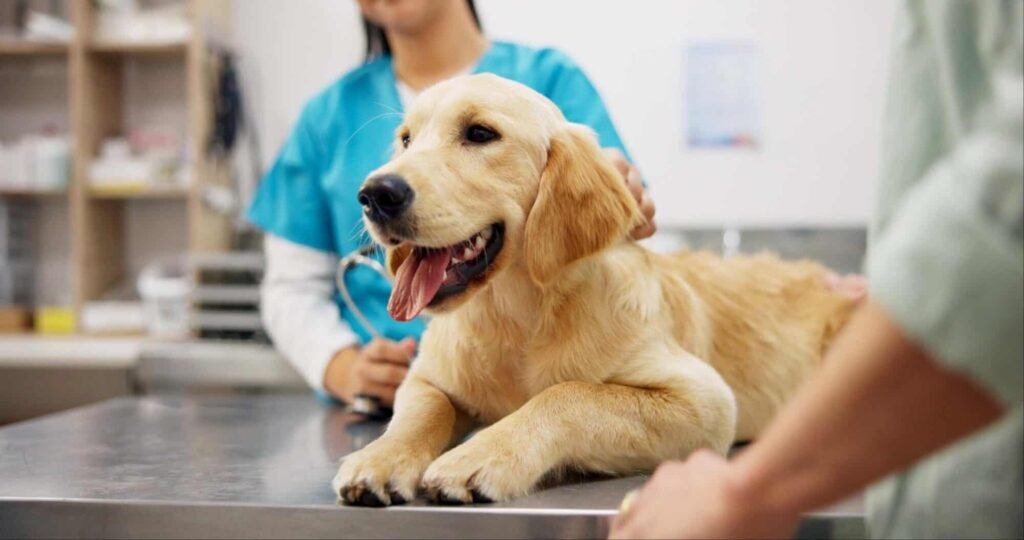Introduction
As veterinary care becomes more advanced and pet ownership grows globally pet insurance has entered the mainstream discussion among responsible pet parents. In 2025 pet insurance is no longer a fringe idea but a serious consideration for millions of households. With rising medical costs for pets and increased awareness about animal health many are asking the critical question: Is pet insurance worth the cost in 2025
This article will explore the value of pet insurance in today world how it works its advantages and drawbacks real world case studies and how to make an informed decision. By the end you have a clearer view of whether investing in a policy for your furry friend is a wise financial move or an unnecessary expense.
Understanding Pet Insurance
Pet Insurance

Pet insurance is a health care policy for your animal companions. Much like human health insurance it covers certain medical expenses. Depending on the policy it might include:
Accidents and injurie
Illnesses chronic and acute
Preventive care e.g. vaccinations check ups
Dental care
Surgeries
Prescription medications
Pet Insurance Works
In most cases, pet owners pay the vet upfront and then submit a claim to the insurer. The company reviews the claim and reimburses a portion based on the policy terms. Policies differ in what they cover and the percentage reimbursed.
The Rising Cost of Veterinary Care in 2025
According to industry data veterinary costs have risen dramatically over the past decade. New technologies like CT scans MRIs and robotic surgeries once reserved for human medicine are now commonplace in animal care. Additionally the cost of labor equipment and pharmaceuticals continues to climb.
Here are some 2025 average treatment costs
Condition Average Cost (USD)
The cost of hip dysplasia surgery is $3500. $7000.
Cancer treatment $5000 $100000+
$1200500 for emergency hospitalization
Diabetes care costs $800 $2000 annually.
Without insurance these expenses can cause significant financial stress or even lead to heartbreaking decisions about a pet care.
Types of Pet Insurance Plans in 2025
Accident Only Plans
These are basic and often more affordable. They cover injuries from accidents like broken bones bites or poisonings but exclude illnesses.
All inclusive Plans
This tier provides more comprehensive coverage for illnesses injuries operations prescription drugs and occasionally congenital or genetic problems. Although they cost more these offer superior protection.
Wellness Plans
Sometimes available as an add on wellness coverage includes preventive care like vaccinations flea/tick control and dental cleanings.
Benefits of Pet Insurance

Financial Peace of Mind
Having insurance allows pet owners to make medical decisions based on what best for the pet not what affordable at the moment.
Budgeting and Predictability
Instead of unpredictable emergency bills you pay a fixed premium monthly.This makes it easier to plan expenses.
Access to Better Care
Knowing that costs are covered, pet parents may opt for better diagnostics or treatments they might otherwise skip.
Chronic Illness Coverage
Nowadays a lot of plans include chronic illnesses like diabetes arthritis and heart problems that are important for elderly pets.
Downsides of Pet Insurance
Upfront Costs
Most plans require owners to pay the vet bill first and wait for reimbursement. This can be burdensome during emergencies.
Monthly Premiums Can Add Up
Over a pet lifetime premiums may total more than the cost of care especially if the pet remains healthy.
Exclusions and Fine Print
Many policies exclude pre existing conditions or breed specific issues.
Waiting Periods
Most policies have waiting periods usually 2 4 weeks before coverage begins. Accidents or illnesses during this time aren’t covered.
Real World Examples
Luna the Labrador
Luna a 4 year old Labrador tore her ACL during a park run. The total cost for surgery and recovery was $6800. Thanks to comprehensive insurance her owner paid only $850 after the deductible and reimbursement.
Max the Cat
Max an 8 year old domestic short hair was diagnosed with kidney disease. His ongoing care including blood tests and medication cost $2000 in the first year. Without insurance his owner had to dip into savings.
Bella the Bulldog
Bella insurance premium was $75/month. Over her lifetime (10 years insured) her owner paid $9000 in premiums but only claimed $2400 in reimbursements. In Bella case insurance cost more than her care.
How to Choose the Right Pet Insurance
1. Assess Your Pet Needs
Consider the pet age breed lifestyle and any existing conditions. Senior pets and certain breeds may benefit more from comprehensive plans.
Compare Plans
Use comparison tools to evaluate
Premiums
Deductibles
Reimbursement percentage
Coverage caps
Exclusions
Check Reviews and Ratings
Customer feedback Better Business Bureau ratings and third party reviews offer insight into a provider reliability and service quality.
Ask Your Veterinarian
One important step before selecting a pet insurance plan is to speak with your veterinarian. Veterinarians frequently know which insurance companies provide dependable coverage prompt reimbursements and excellent customer service since they have firsthand experience with a variety of insurance providers. Based on your pet breed age lifestyle and medical history they can advise you on the kind of coverage your particular pet may require. For instance your veterinarian can suggest policies that address the inherited diseases that some breeds are susceptible toIn order to select a plan that provides pertinent coverage veterinarians may also assist you in understanding the treatments that are frequently needed throughout your pet life. In certain situations veterinary clinics might even propose or have agreements with reliable insurance companies
Alternatives to Traditional Pet Insurance
Pet Savings Accounts
Set aside a fixed amount each month into a dedicated pet fund. This can offer flexibility though it may fall short in emergencies.
Discount Plans
For a monthly or yearly membership fee discount plans an alternative to typical pet insurance offer discounted rates on veterinarian services. In contrast to insurance these plans offer instant savings of 10% to 30% on examinations, dental cleanings, and even prescription drugs at participating veterinarians. They are perfect for simple treatments and everyday care but they might not be enough for big procedures or emergencies.Pet owners who wish to reduce routine veterinarian expenses without the hassle or commitment of comprehensive insurance coverage are the ideal candidates for discount plans.Always make sure the particular plan is accepted by your veterinarian.
Employer Provided Insurance
Some companies now offer pet insurance as part of employee benefits. This can significantly reduce premiums.
The Future of Pet Insurance
In 2025 we are seeing innovation in the pet insurance market
AI and Predictive Analytics: Providers are using data to tailor policies to pets genetic risks.
Wearable Tech Integration: Health monitors can reduce premiums by proving pet activity and wellness.
Blockchain for Claims Secure and fast claim processing is becoming more common.
As the industry matures competition is driving better customer service faster reimbursements and more flexible policies.
Worth the Cost
The answer depends on individual circumstances
If your pet is young and healthy insurance can be a cost-effective long term investment.
If your pet is older or has known health problems insurance may exclude those issues.
If you are financially comfortable with surprise vet bills you might opt for self funding.
If you struggle to afford a $5000 emergency insurance could be a financial lifesaver.
Conclusion
Pet insurance in 2025 offers peace of mind, access to better care, and financial protection against the rising cost of veterinary services. But it not one size fits all. By assessing your pet health comparing providers and understanding policy details you can determine whether it a smart investment.
In the end the value of pet insurance isn just measured in dollars it in the ability to provide your beloved animal companion with the care they deserve no matter what life throws your way.
